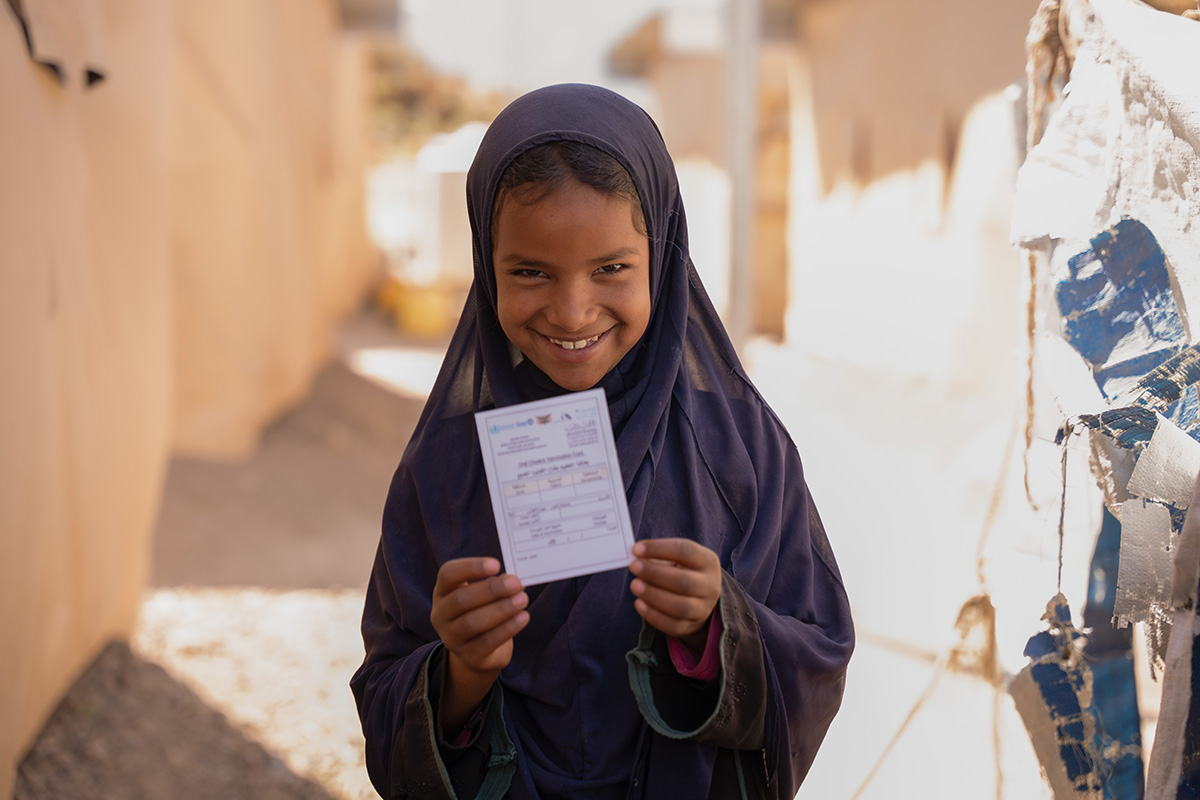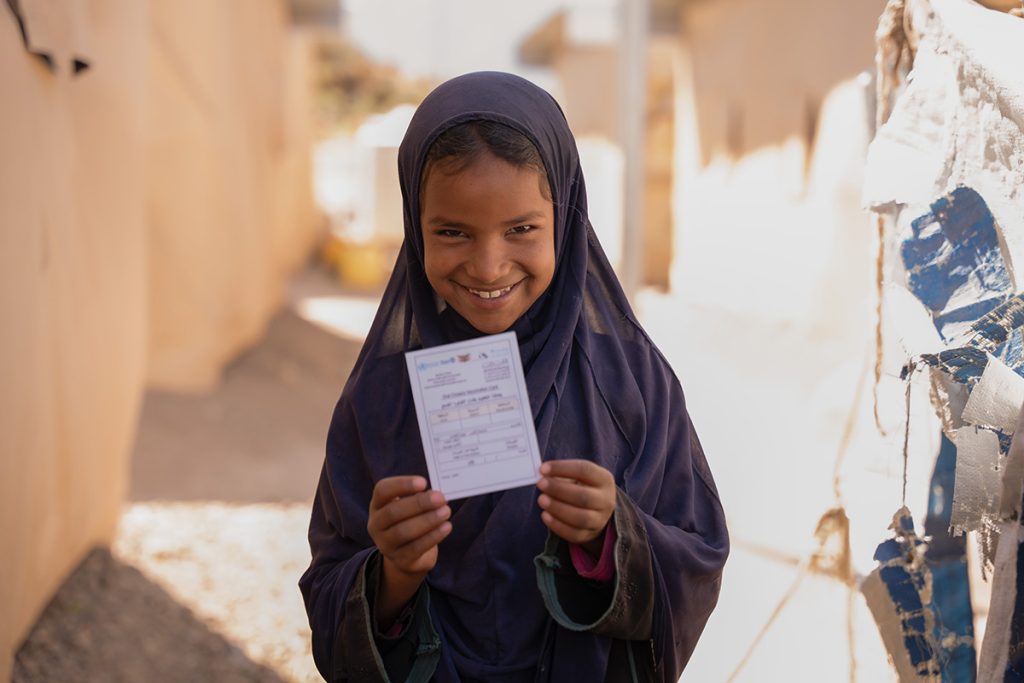
4 June 2025, Cairo, Egypt – The World Health Organization’s Regional Office for the Eastern Mediterranean launched a new strategy to reduce the burden of cholera across the Region by 2028. The strategy sets out a blueprint for a scaled-up multisectoral approach to tackle the root causes of cholera spread and prevent future outbreaks, aiming to significantly reduce cholera-related morbidity and deaths.
The Cholera Preparedness and Response Strategy for the WHO Eastern Mediterranean Region for 2025-2028 comes at a critical time amid a surge in cases of suspected cholera and acute watery diarrhea in several countries across the Region. So far in 2025, the regional cholera burden accounts for almost 55% of all cholera cases and deaths globally.
“Many countries in our Region have become a breeding ground for cholera due to a dangerous mix of protracted conflict, weak health systems, poverty, displacement, poor water, sanitation, and hygiene systems, low public awareness, and extreme climatic shocks. To protect those most at risk, especially children and displaced populations, and to safeguard public health more broadly, we must address these underlying drivers with sustained commitment and coordinated, collective action,” says Dr Hanan Balkhy, WHO Regional Director for the Eastern Mediterranean.
Sudan is experiencing one of the most severe outbreaks in recent history, with 65,291 cases and 1,721 deaths reported across 12 states as of 26 May 2025; Khartoum State alone

